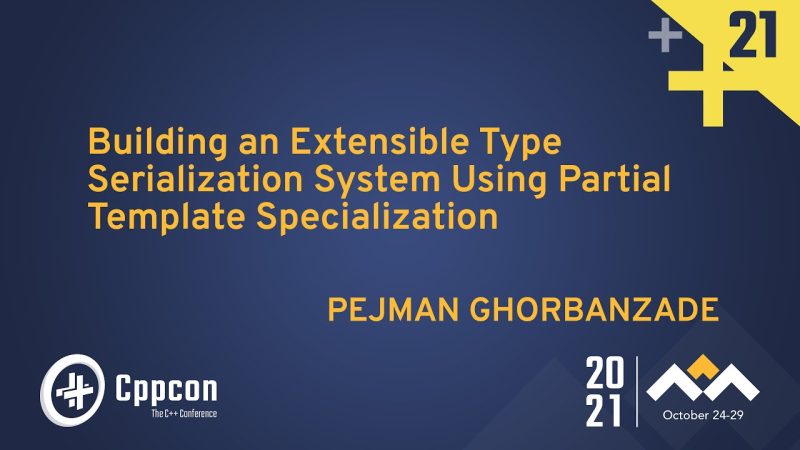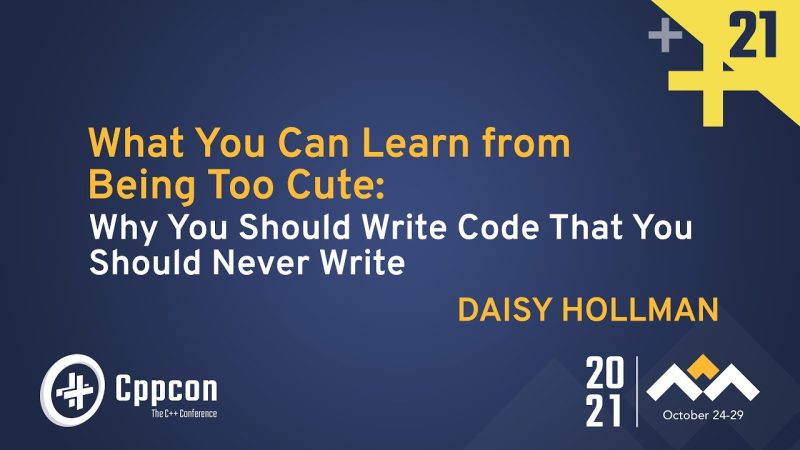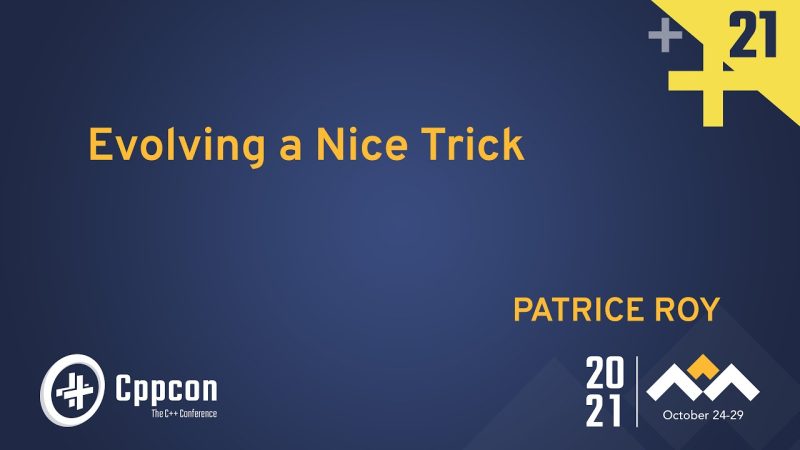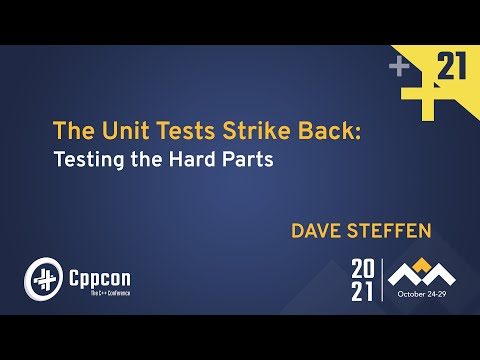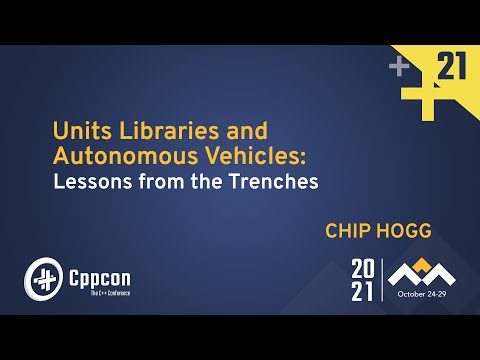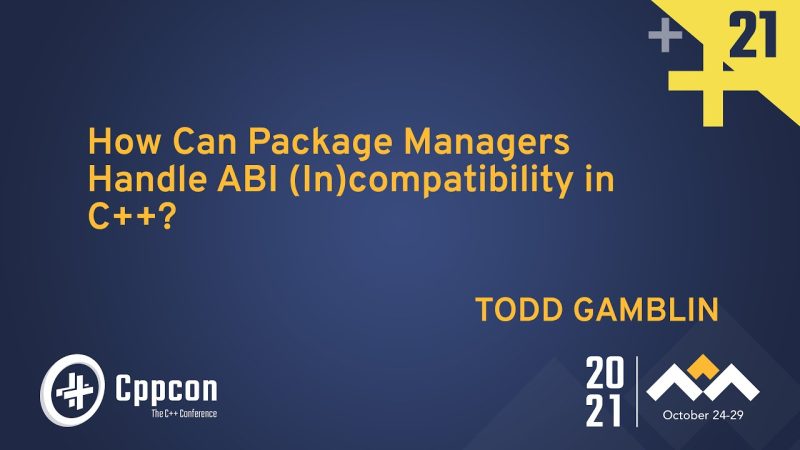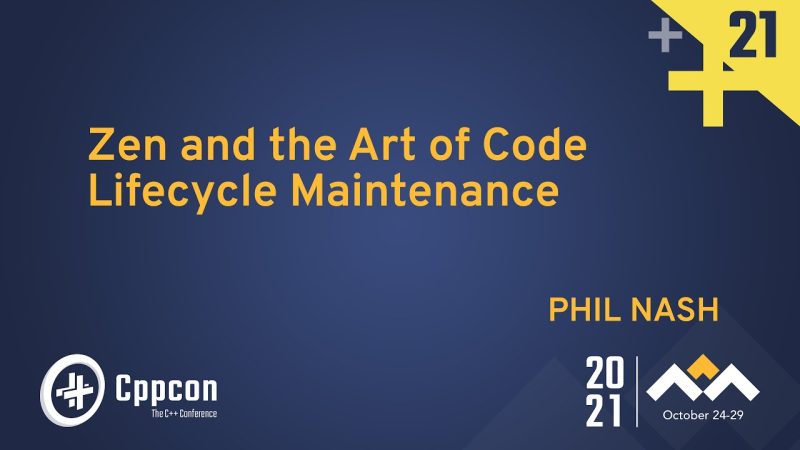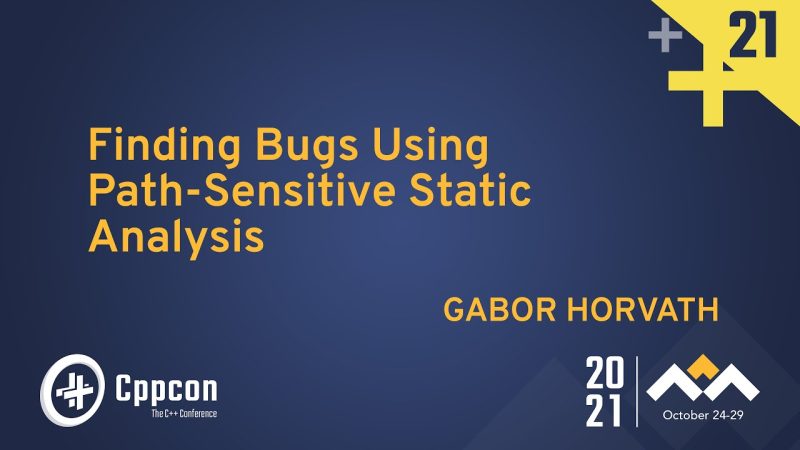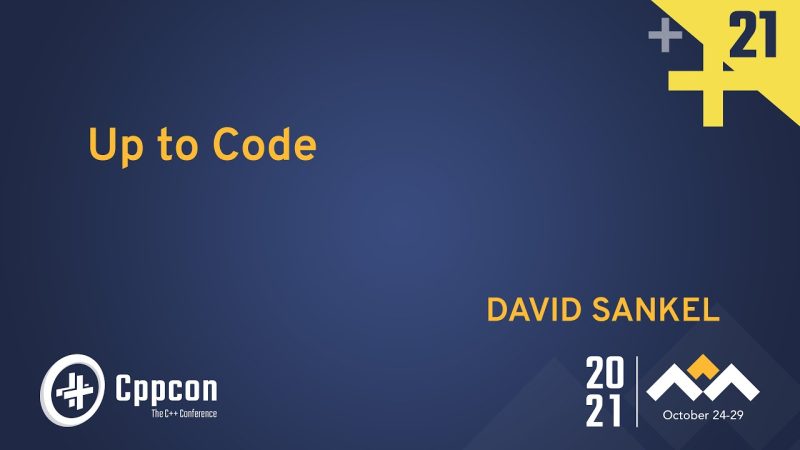https://cppcon.org/
https://github.com/CppCon/CppCon2020
---
As software engineers, we all prefer using performant libraries with user-friendly interfaces. But designing a template-free interface can be challenging for some C++ libraries, like serialization libraries, that need to support generic values but handle them differently based on their type.
This talk shows how we can leverage partial template specialization to implement a generic user-friendly API that can be extended to support custom user-defined types. As a proof of concept, I will showcase an extensible type serialization system, that is built on top of the FlatBuffers serialization library, and enables users to register custom serializers for their user-defined types to support their automatic serialization at runtime.
Template programming is generally known to be associated with long type names and indecipherable compile-time errors. This presentation includes examples and recommendations that help C++ engineers to create more expressive and easy-to-understand implementations. Finally, the talk describes how C++20 features like Concepts can further simplify those implementations and facilitate designing elegant user-friendly programming interfaces.
---
Pejman Ghorbanzade
Pejman Ghorbanzade is the Founder and CEO of Touca, helping software engineers understand the true impact of their code changes on the behavior and performance of their software. Before Touca, Pejman was a senior software engineer at Canon Medical Informatics building software for advanced visualization of medical images. Before that, he worked at VMware Carbon Black building and maintaining the macOS endpoint for the Cb Defense product. Pejman is interested in problems related to the design and maintenance of software at scale and over time. He is passionate about solutions to improve stability and maintainability of products with large ever-changing codebases. Over the years, his code changes have caused more than his fair share of issues in those products.
---
Videos Filmed & Edited by Bash Films: http://www.BashFilms.com
YouTube Channel Managed by Digital Medium Ltd https://events.digital-medium.co.uk
The CppCon YouTube Channel Is Sponsored By:
SonarSource: https://www.sonarsource.com/


